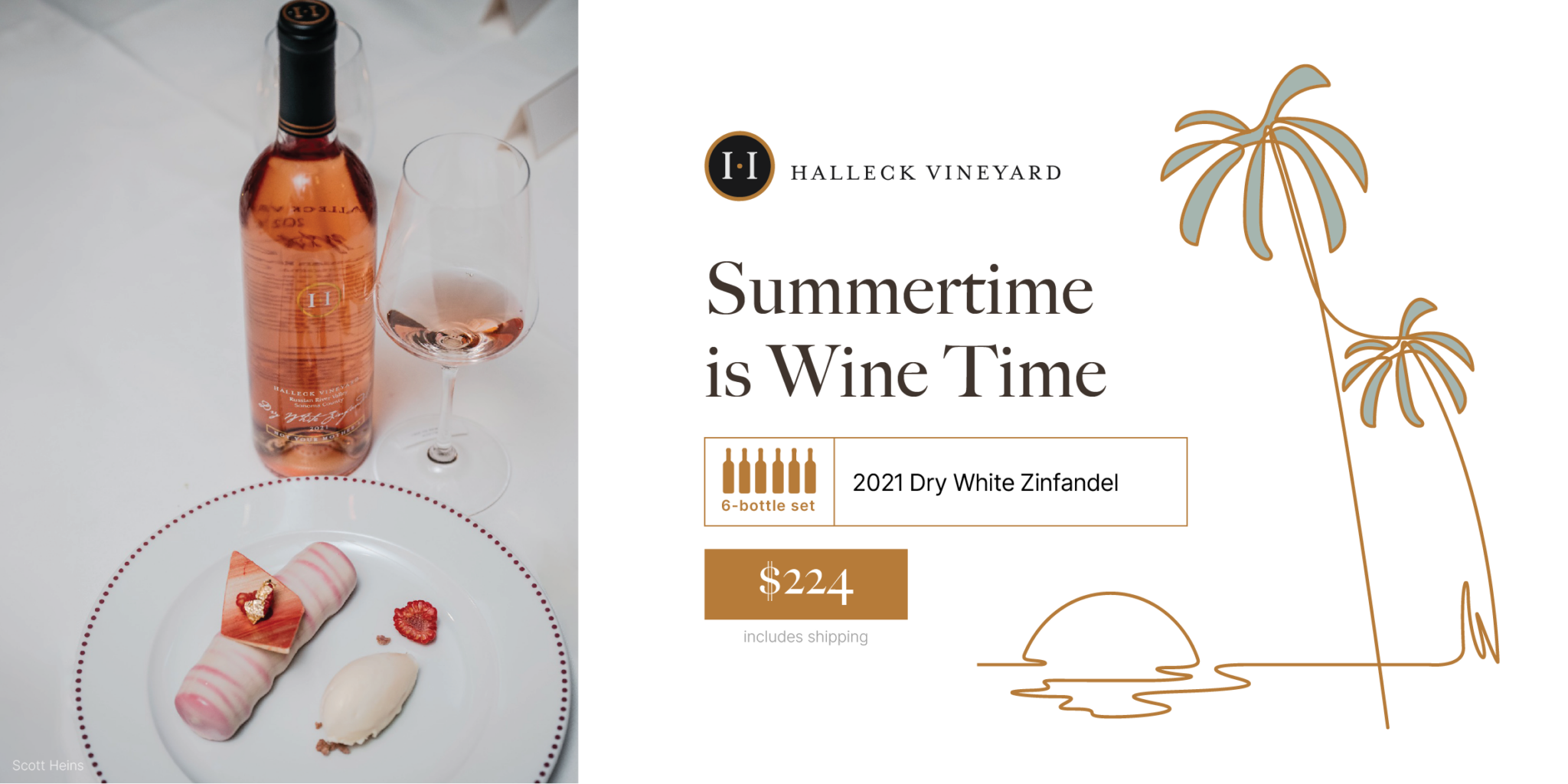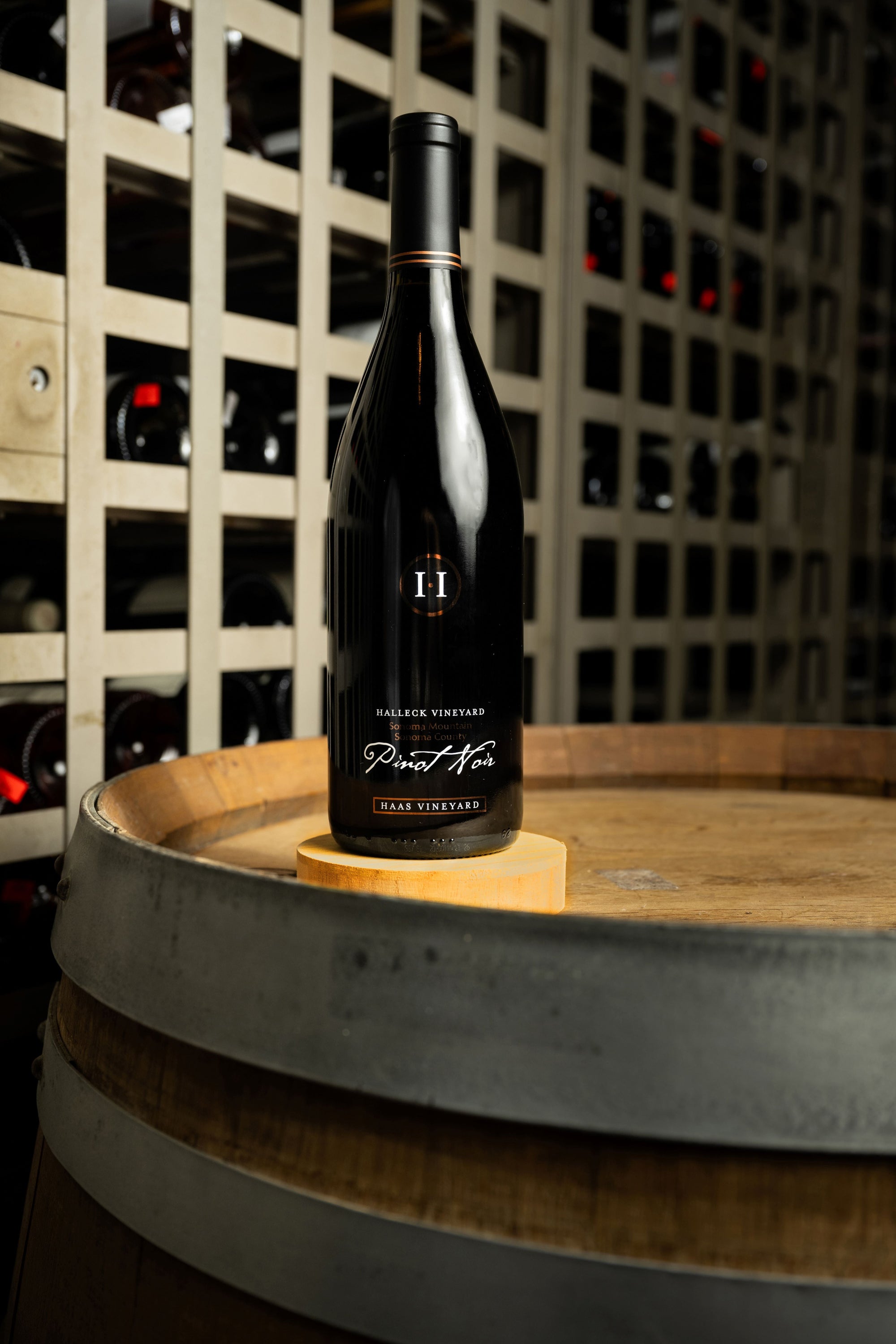Local Favorite Wineries In Sonoma - Sebastopol Area Wineries Offering Wine
Local Favorite Wineries In Sonoma - Sebastopol Area Wineries Offering Wine
Blog Article
Wineries Offering Virtual Wine Tastings - Sonoma Area Winery For Tasting
Visiting a winery for a wine tasting may be a fascinating experience, particularly when you perceive how to maximise the chance with tasting notes. These notes serve as a guide to understanding the complexities of the wines you sample and help in forming a deeper connection with each pour. Utilizing tasting notes can transform your experience, allowing you to savor not just the style but additionally the story behind each bottle.
Every wine has a singular profile influenced by grape variety, terroir, and winemaking techniques. Understanding these elements can enhance your appreciation of the wine. When you are given a tasting menu or a flight of wines to pattern, take the time to read through any descriptions provided (Best Wineries For Wine Tasting In Sonoma). This initial overview can set the tone and expectations for your tasting experience.
Start your wine tasting by observing the wine in your glass. The color can reveal lots about the wine’s age and varietal. Take notes on the hue, clarity, and viscosity. A well-structured tasting note often includes this visible evaluation because it types the inspiration of your analysis. While it might appear trivial, the visual facet is essential in wine tasting.
Wineries Pairing Wine With Chocolate - A Visit To Sebastopol Wineries
After your visible evaluation, it's time to take a mild whiff. Swirl the wine in your glass to aerate it, releasing its aroma. This is where tasting notes turn into notably valuable. Make notes in regards to the totally different scents you detect—fruits, spices, or floral hints. Figuring Out these aromas will assist you to put words to the intrinsic complexities of the wine you might be sampling.

The subsequent essential step is the tasting itself. Take a small sip and let the wine roll over your palate. Note the flavors you experience. Are they sweet or tart? Where does your palate detect every flavor? Some wines may current immediate sweetness followed by a tannic end. Use your tasting notes to document these layers, making a roadmap of your sensory experience.
Think About also the mouthfeel of the wine as you taste. Is it easy, crisp, creamy, or maybe tannic? This textural quality considerably influences the overall enjoyment and impression of the wine. Observing the mouthfeel can reveal the standard and craftsmanship behind the winemaking process.
It's helpful to check completely different wines as you taste them. If you're sampling a flight with contrasting varietals, make a remark of the differences you perceive. How does the acidity range from one wine to another? Which wine feels fuller, and which is more refreshing? This comparative train deepens your understanding and helps sharpen your analytical skills.
Rustic Family-Owned Wineries In Sebastopol - Discovering Sebastopol's Wineries
Interact with the winery workers whereas tasting. Knowledgeable hosts usually share insights about the vineyard's history, the specific vintage, or the winemaking philosophy, enriching your appreciation of the wine. Do Not hesitate to ask questions that pique your interest primarily based on your tasting notes. Many hosts get pleasure from discussing their wines and may offer a wealth of information that isn’t available from printed materials. Wineries Offering Private Events.
Keep in thoughts the seasonality of wines as you style. Different wines evoke diversified moods and pair properly with distinct culinary experiences. Take notes on the way you would possibly enjoy a selected wine with food. This not only provides context to your tasting notes but additionally aids future selections and purchases.

Another helpful tip her explanation whereas utilizing tasting notes at a winery is to document your impressions immediately. As wines can blend and create a uniform flavor reminiscence, jotting down your ideas promptly ensures a extra accurate reflection of your experience. Use adjectives that resonate with you, crafting a personal vocabulary to explain every wine primarily based on your preferences.
After completing the tasting, evaluation the notes you’ve taken. Replicate on which wines stood out to you and why. This reflection reinforces your tasting experience and highlights what you would possibly seek in future purchases. If you've got noted particular aromas or flavors that captivated you, this information empowers you to decide out wines that align along with your palate.
Wineries Specializing In Sparkling Wines - Vines And Views In Sonoma Wine Country
Wine tasting can even serve as an opportunity for socializing. Sharing your tasting notes with companions can ignite engaging discussions on flavors, preferences, and impressions. This communal side of wine tasting typically enhances the experience, cementing lasting reminiscences that you can recall with a cup of wine in hand.
In conclusion, utilizing tasting notes at a winery wine tasting can considerably enhance your experience. By observing the visible features, aromas, flavors, mouthfeel, and even the stories behind the wines, you create a rich tapestry of notes that may guide your future wine experiences. Engaging with the workers, comparing wines, and reflecting on your impressions will deepen your appreciation for the art of winemaking. Each tasting is an opportunity to discover and connect with wines in exciting new methods. With practice, your tasting notes will evolve, turning into a cherished element of your wine journey.
Wineries With Artisan Chocolate Pairings In Sonoma - Sebastopol's Vibrant Wine Scene
- Start by familiarizing yourself with the winery's tasting notes; they often describe the wine’s aroma, flavor profile, and finish, providing a useful framework.
- Use your senses of sight and smell before tasting; swirl the wine in your glass, observe its color, and inhale its bouquet to capture the wine's initial characteristics.
- When tasting, take a small sip and let the wine coat your palate; focus on the primary flavors and any secondary notes that will emerge, corresponding to fruit, spice, or earthiness.
- Pay consideration to the texture and mouthfeel of the wine; is it smooth, tannic, creamy, or crisp? This aspect can considerably improve your understanding of the wine.
- Compare the tasting notes with your sensory experience, noting any similarities or discrepancies, which might deepen your appreciation of every wine’s complexity.
- Think About the wine’s aging potential by analyzing its construction and stability; some wines could also be enjoyable now, whereas others might evolve beautifully over time.
- Take notes in the course of the tasting; recording your impressions may help you keep in mind each wine higher and refine your palate for future tastings.
- Interact with the tasting staff; ask questions in regards to the wine production course of, grape varieties, and the precise notes you're detecting to boost your information and experience.
- Explore pairing recommendations alongside your tasting; understanding which foods complement the wine can enrich each the tasting experience and your appreciation for the wine's nuances.
- Respect varying preferences among your group; wine tasting is subjective, and inspiring open dialogue about individual tastes can result in a more enjoyable and informative experience.undefinedWhat are tasting notes, and why are they necessary at a wine tasting?undefinedTasting notes are descriptions of the flavors, aromas, and overall impressions of a wine. They are necessary because they guide your palate and enhance your understanding of the wine's traits, helping you recognize totally different varieties and styles.
How should I take notes during a wine tasting?undefinedYou ought to focus on key components similar to aroma, flavor, physique, acidity, and finish. Use a structured format or template to categorize your ideas and write down your impressions immediately after tasting. This helps you bear in mind your thoughts later.
Am I Able To use my very own words to describe a wine, or ought to I stick to standard tasting terms?undefinedYou can completely use your own this link words to describe a wine. Whereas standard tasting phrases can help convey specific qualities, personal descriptors add authenticity to your notes and might make your wine experience more pleasant and relatable.
Ought To I concentrate on particular flavors in the wine or the overall experience?undefinedEach aspects are essential. Whereas particular flavors help you determine the distinctive characteristics of a wine, the overall experience encompasses how all components combine—creating a extra holistic understanding of the wine.
Interactive Wine Tasting Experiences In Sonoma - Sebastopol Vineyard Visits
What if I can't identify sure aromas or flavors during a tasting?undefinedIt’s frequent to have problem identifying particular tastes or scents. Don’t hesitate to ask for help or steering from the employees at the winery. They can present insights and help refine your palate over time by way of practice.
How can I use tasting notes to choose on wines within the future?undefinedBy reviewing your tasting notes, you possibly can establish your preferences and trends in your wine selections. This permits you to choose wines that align together with your palate in future tastings and purchases, making your experience extra pleasant.
Is it appropriate to match wines during a tasting?undefinedYes, comparing wines may be useful. It helps spotlight the differences in flavor profiles and attributes, allowing you to develop a deeper appreciation and understanding of each wine's distinctive qualities.
What ought to I do if I disagree with the tasting notes supplied by the winery staff?undefinedDisagreement is a pure part of wine tasting! Use it as a possibility to discuss your impressions with the staff; they will present further context or details about the wine, which might enrich your experience.
Vineyard Tours With Guided Tastings In Sonoma - Iconic Wineries Of Sebastopol
How should I manage my tasting notes after the event?undefinedAfter the tasting, organize your notes by wine kind, producer, or personal desire. Consider creating a digital or bodily journal which may be referenced for future tastings and wine alternatives, making it easier to recall your experiences. Report this page